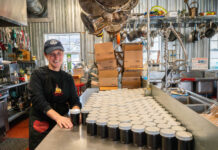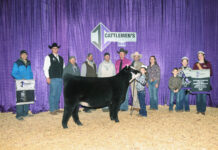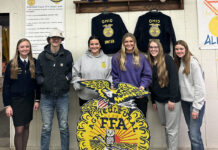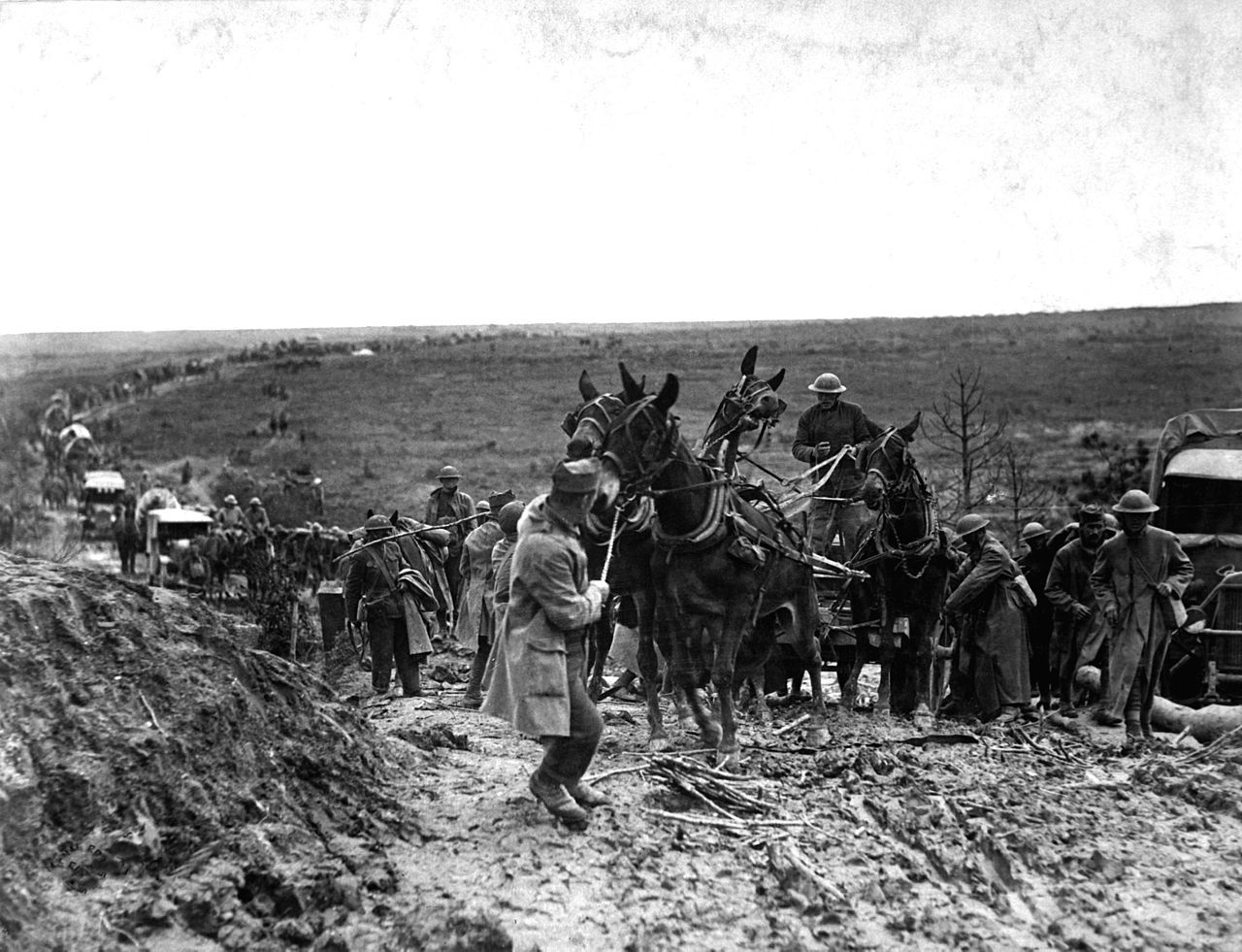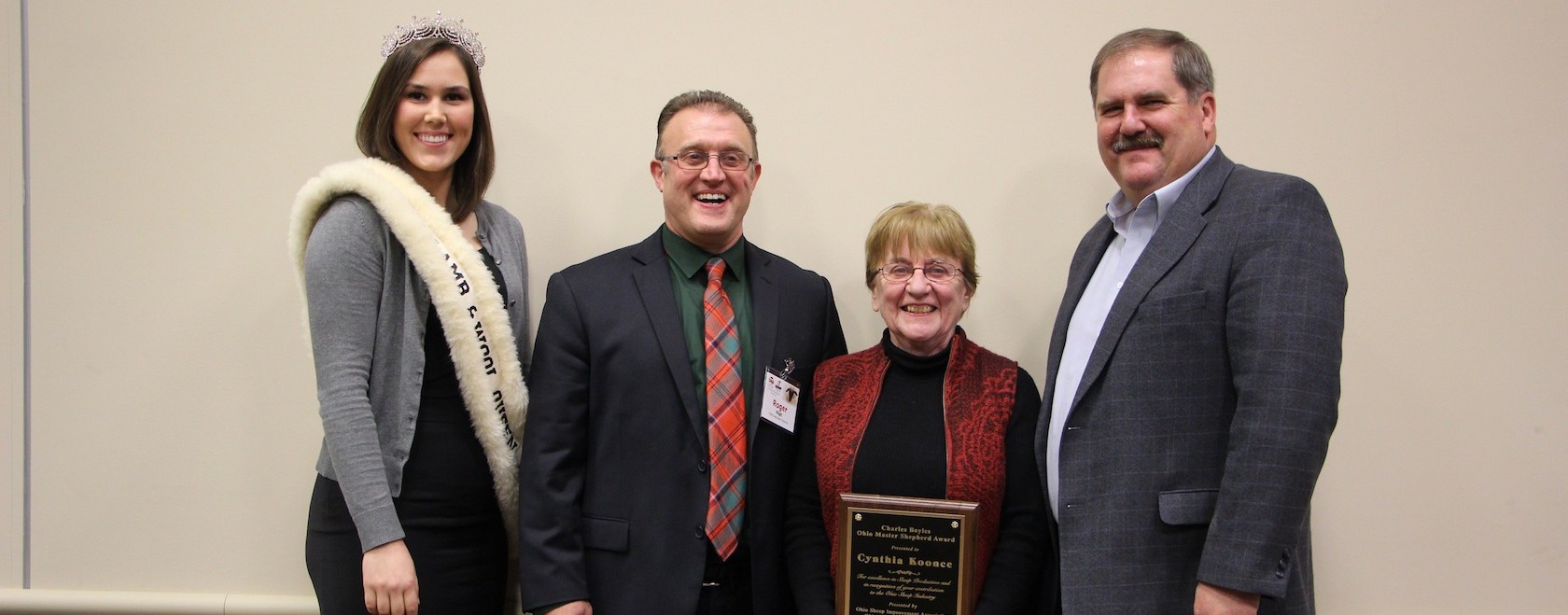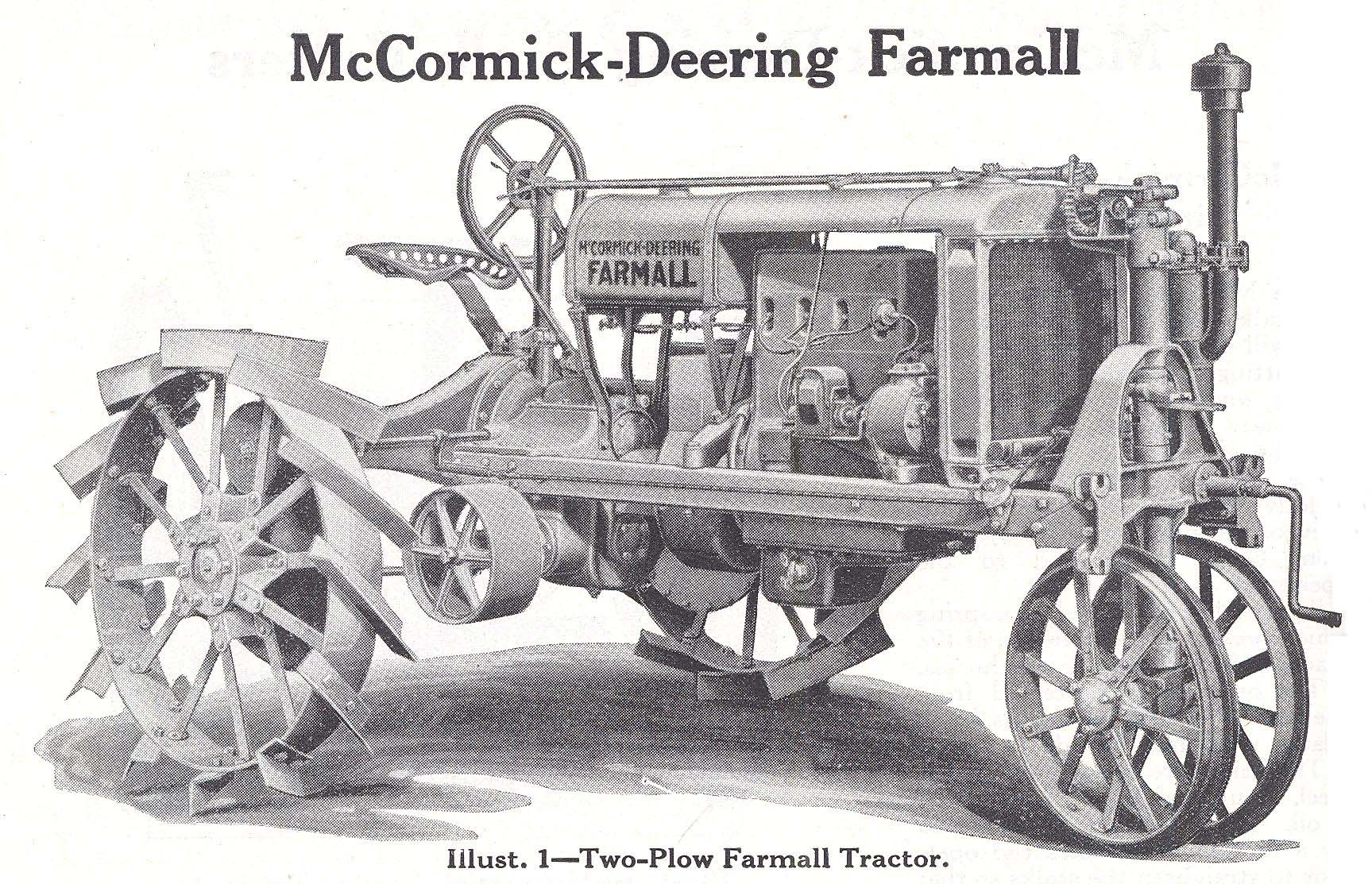Search Results for "Radish"
News Results 634 of 702 pages
Tragic fate of many horses in World War I
World War I took a toll the on horses. Barbed wire, rapid-fire machine guns and more accurate and deadly explosive artillery were difficult to contend with.
Ohio grain farmers talk trade and farm bill
The Ohio Grain Farmers Symposium was held Dec. 19 in Columbus, where trade and the farm bill were top topics.
Miss America engages children at Ag Progress Days
Miss America Betty Cantrell visited Ag Progress Day, Aug. 16, to interact with children and better connect them to where their food comes from.
How to make Waldorf salad with Greek yogurt
This twist on the classic Waldorf salad substitutes Greek yogurt for mayonnaise, creating a healthier and just as tasty version.
Ohio sheep producers attend the Buckeye Shepherd’s Symposium
Sheep producers from around Ohio came together for the Buckeye Shepherd’s Symposium in Wooster to hear from industry professionals and more.
Challenges will always be around, but just get out and do the work
Telephones, texts, emails, even regular mail, are OK for some things, but if you really want to get a point across, take your ideas to the farm and talk to the guys (or gals) that make the decisions.
Jake: More than a dog, he was a buddy
In a lifetime, every man is entitled to a few things. The rest is earned.
Be on the lookout for signs of barn, silo fire
After wet growing season, producers should be on the lookout for the signs of high heat and fire in their forages.
A little engine can go a long way, with determination
In a 1917 issue of Gas Review magazine is the following story by a proud papa: “Our boy wanted a gasoline engine, talked about it often, and punished the mails for information. “Even a small engine would do,” he said. The difficulty was, you see, that gasoline engines do not grow on bushes. Still the
Top five significant developments in ag machinery
As promised last time, here are my five final choices for the top 10 most significant new developments in agricultural machinery during the 19th and first half of the 20th centuries. I cut it off at 1950 because there have been many, many revolutionary improvements since then in farm machines and practices. In addition to
